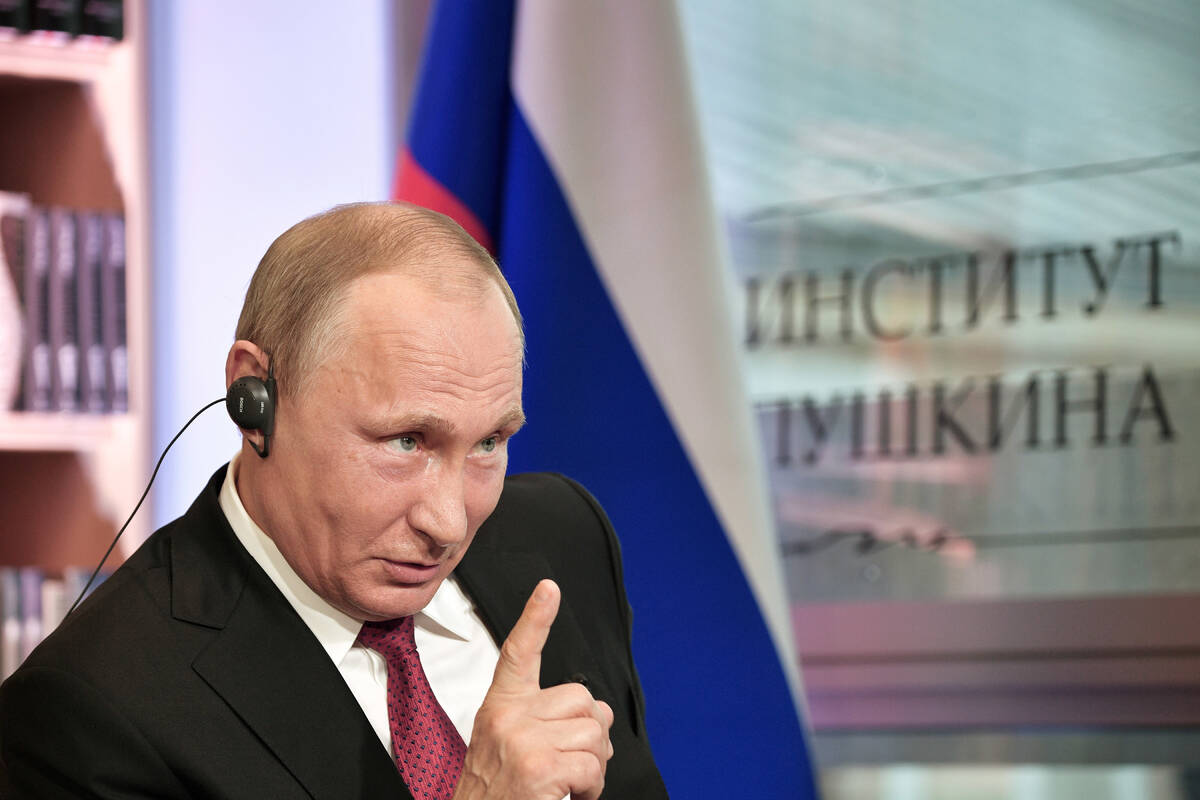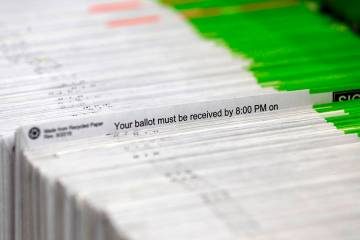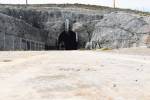EDITORIAL: Europe’s energy surrender complicates sanctions
John Kerry was rightly mocked last week for telling BBC Arabic that he hoped Vladimir Putin would take into account climate change as he wages war on Ukraine. Yet despite the former secretary of state’s ham-fisted comments, it would be foolish to ignore the link between environmental doomsdayism and an emboldened Russia.
The European Union, the United States and other nations have properly piled on tough sanctions against Putin, the kleptocrats in his inner circle and other Russian interests. Even sports organizations are ostracizing the country. On Monday, FIFA announced that Russia will be suspended from international competition, including qualifying for the World Cup.
But there remains a glaring hole in this punitive approach: The West “is going out of its way to preserve” Russia’s “biggest source of revenue: energy exports,” The Wall Street Journal explained Monday. By ejecting only some of the country’s banks from the global financial arrangements, “Western countries are allowing payments, including for energy, to continue through banks not under sanctions.”
This severely restricts the ability of the United States and allies to inflict maximum pain on the Russian economy. “Energy exports are the whole game,” Adam Tooze, a Columbia University expert on finance and European politics, told The Associated Press. “I don’t think Russia is blind to what is going on and it must indicate to them that the West does not really have the stomach for a painful fight over Ukraine.”
The sanctions carve-out is the unfortunate result of Europe’s rush to decommission fossil fuel and nuclear plants long before renewable technology is capable of filling the gap. This has forced many European countries — particularly Germany — into becoming more reliant on Putin’s cash cow to keep the lights on and the heaters working. Nearly one-third of the natural gas Europe now consumes comes from Russia.
In a prescient editorial from December headlined “Germany’s Energy Surrender,” the Journal noted how Germany was plowing forward with a plan to close three nuclear power plants in an effort to accelerate the green transition even as energy prices were soaring. The result was a boon for Russia, which was eager to provide natural gas when the inevitable shortages followed. “It’s hard to think of a more self-defeating policy on economic, climate and geopolitical grounds,” the Journal wrote.
Since the Ukraine invasion, Germany has taken a more aggressive stance toward Russia, halting the certification of the Nord Stream 2 pipeline built to move natural gas between the countries. But the underlying problem remains. In their crusade to stave off the “existential” threat of global warming, the Europeans played into Putin’s hands. As a result, the West now balks at using one of its most potent sanctions against an unstable autocrat.





























